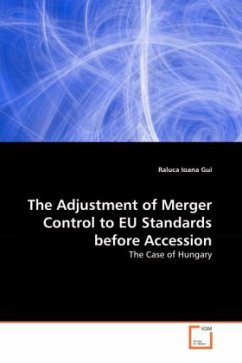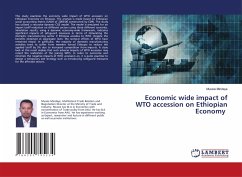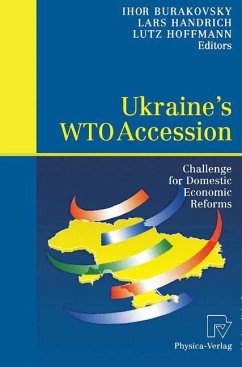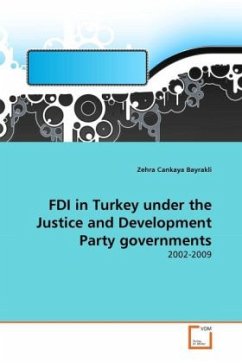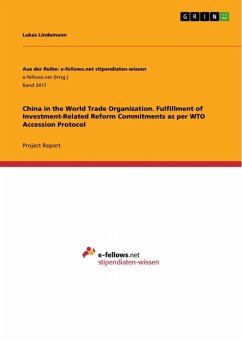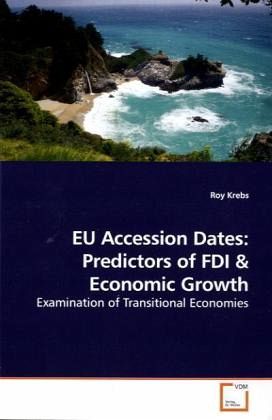
EU Accession Dates: Predictors of FDI
Examination of Transitional Economies
Versandkostenfrei!
Versandfertig in 6-10 Tagen
32,99 €
inkl. MwSt.

PAYBACK Punkte
16 °P sammeln!
Since the collapse of the Soviet Union, former communist countries have evolved in a challenging effort to transform their centrally planned economies into market economies. Entry into the European Union (EU) and Foreign Direct Investment (FDI) have been imperative to the reform process, promoting economic growth and stability in transitional countries in Central and Eastern Europe and in the Baltic (CEEB). Typically taking between 8 and 11 years to complete, the EU accession process includes four major public announcements, which can provide a gauge on a countries reform progress. There is ve...
Since the collapse of the Soviet Union, former communist countries have evolved in a challenging effort to transform their centrally planned economies into market economies. Entry into the European Union (EU) and Foreign Direct Investment (FDI) have been imperative to the reform process, promoting economic growth and stability in transitional countries in Central and Eastern Europe and in the Baltic (CEEB). Typically taking between 8 and 11 years to complete, the EU accession process includes four major public announcements, which can provide a gauge on a countries reform progress. There is very little research on the relationships between the EU accession process, FDI and economic growth in countries that have recently entered the EU. This study will examine those relationships and provide insight that could prove useful in making predictions about countries currently seeking EU membership. This research and analysis will provide a reader with an understanding on investor behavior in transitional European countries, and how the EU accession process can be useful in forecasting FDI and economic growth.



